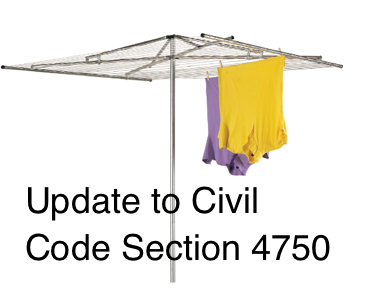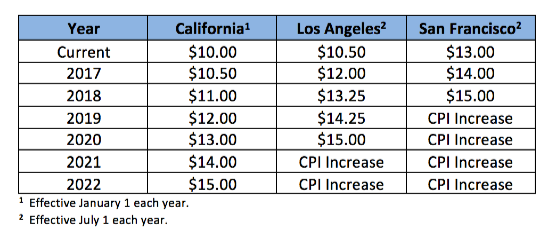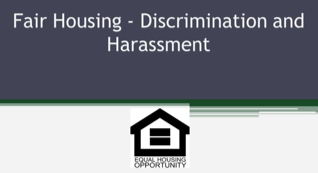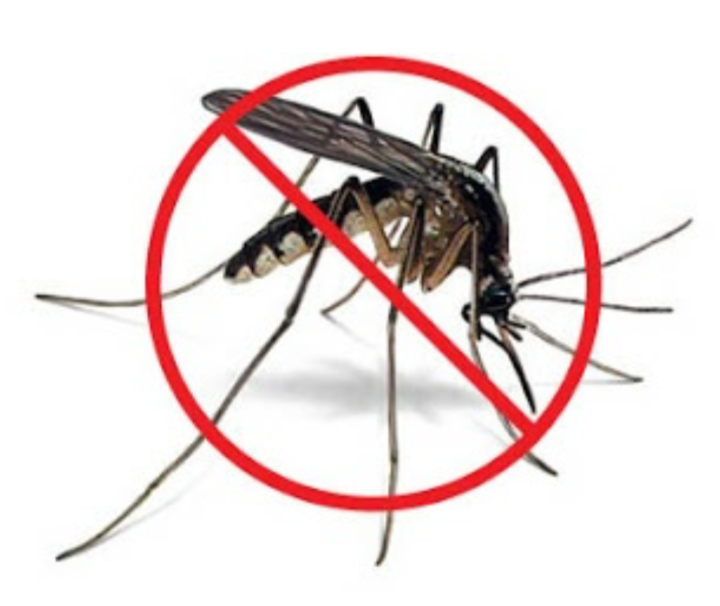Title VIII of the Civil Rights of 1968, also known as the Fair Housing Act (“FHA”), is a federal law which prohibits discrimination in housing and housing-related services due to race, color, religion, sex, national origin, disability, and familial status. Because the FHA applies to entities that set terms and conditions for housing and provide services and facilities in connection with housing, it applies to HOAs and other community associations. By now, most HOAs across the country are already aware (or should be aware) that, in 2016, the U.S. Department of Housing and Urban Development (“HUD”) amended its federal housing regulations to firmly establish association liability for discriminatory conduct by its Board, directors, employees, and even by residents. Particularly concerning to HOAs are the new regulations regarding discriminatory harassment and third-party liability, which may also be the most difficult sections to understand for Board members and management.
Quid Pro Quo and Hostile Environment Harassment
Suppose that Happy Acres HOA’s on-site manager Mark has openly expressed his fondness for homeowner Helga by whistling and making cat-calls at her when she passes his office on her way to the gym. He has asked her out on dates several times, even after she declined and explained that she was married with three kids. One day, when Helga emailed Mark to request guest passes for her son’s birthday party, he responded by saying, “come see me in my office in your gym clothes and we’ll see what we can ‘work out.’”






 Board members Betsy Koehler, Lois Riopelle and Carolyn Cooper were present to accept this prestigious award from Chapter President-Elect Joanne Pena, which was given to this Association because of the hard work and effort the Board undertook to pass a large special assessment for needed common area repairs and renovation work.
Board members Betsy Koehler, Lois Riopelle and Carolyn Cooper were present to accept this prestigious award from Chapter President-Elect Joanne Pena, which was given to this Association because of the hard work and effort the Board undertook to pass a large special assessment for needed common area repairs and renovation work. Considering how contentious the campaigns for president have been for the election of our next president, it is amazing that we have not received more requests from our California community association/HOA clients for advice on how to deal with political signs. The fact is that we have generally seen less political signs posted on properties then I remember in past elections. With respect to the presidential election, that may have something to do with people not really wanting to out themselves as a supporter of one candidate versus another.
Considering how contentious the campaigns for president have been for the election of our next president, it is amazing that we have not received more requests from our California community association/HOA clients for advice on how to deal with political signs. The fact is that we have generally seen less political signs posted on properties then I remember in past elections. With respect to the presidential election, that may have something to do with people not really wanting to out themselves as a supporter of one candidate versus another. From the Community Association Attorneys at SwedelsonGottlieb
From the Community Association Attorneys at SwedelsonGottlieb

 By the Community Association Attorneys at SwedelsonGottlieb.
By the Community Association Attorneys at SwedelsonGottlieb. From the Community Association Attorneys at SwedelsonGottlieb
From the Community Association Attorneys at SwedelsonGottlieb We are often asked how much insurance a condo or coop association should carry. I often respond by saying as much as the association can afford. Here is a great example of a situation involving one of our firms clients (the facts have been altered to maintain confidentiality). A woman was trying to get into a condo association and the parking arm was stuck. She and her entourage were physically trying to get the arm to move when it dropped hitting her in the leg. It hit an artery and she almost died. She suffered some permanent disabilities and then she sued the association.
We are often asked how much insurance a condo or coop association should carry. I often respond by saying as much as the association can afford. Here is a great example of a situation involving one of our firms clients (the facts have been altered to maintain confidentiality). A woman was trying to get into a condo association and the parking arm was stuck. She and her entourage were physically trying to get the arm to move when it dropped hitting her in the leg. It hit an artery and she almost died. She suffered some permanent disabilities and then she sued the association. Have you noticed some unusual behavior from some association residents lately? You may have seen them walking outside swiping their smartphones. They may have a newfound interest in going to parks. And when they talk, they use unfamiliar words like Pikachu, Snorlax, and Pokéstops. If this sounds familiar, then your residents are into Pokémon GO.
Have you noticed some unusual behavior from some association residents lately? You may have seen them walking outside swiping their smartphones. They may have a newfound interest in going to parks. And when they talk, they use unfamiliar words like Pikachu, Snorlax, and Pokéstops. If this sounds familiar, then your residents are into Pokémon GO. Although the Zika Virus has not yet been found in California, that does not mean that it will not find it’s way here. Florida community association attorney and blogger Donna DiMaggio Berger addresses a community association’s obligation to protect owners and residents from the foreseeable risk of harm from something inside the community and adds the Zika Virus to the list. Maybe we in California should take note. (
Although the Zika Virus has not yet been found in California, that does not mean that it will not find it’s way here. Florida community association attorney and blogger Donna DiMaggio Berger addresses a community association’s obligation to protect owners and residents from the foreseeable risk of harm from something inside the community and adds the Zika Virus to the list. Maybe we in California should take note. (